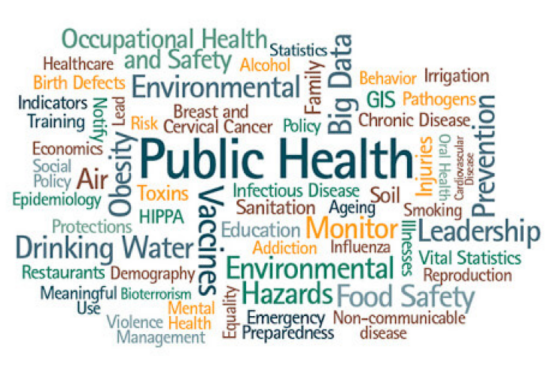
|
Getting your Trinity Audio player ready...
|
If only being a researcher was as easy as sitting in a comfy armchair and reading books all day long with a nice cup of coffee! We no longer have the hermit scientist who potters about with test tubes in his cottage among the mountains. Being a researcher today requires you to actively network, stay connected, build your communication and presentation skills, and balance competing demands, all while generating high-quality and high-impact data. This article discusses some common challenges of research today.
Poor-quality or inconclusive findings
After years of collecting data, you find that your results are inconclusive or that you’ve got a huge problem of gaps in the data. With poor-quality data, it’s going to be very difficult to get your research published, especially in a reputed journal.
You can avoid this pitfall by paying attention to study design, ensuring you have adequate sample size, that you have considered potential covariates, and that you’ve accounted for loss to follow up and missing data.
Staying abreast of latest developments
There’s a vast number of research papers published every year, not to speak of preprints, conference proceedings, patents, etc. Keeping up with all these is a full-time job in itself. This means that you’ve to be smart and strategic in order to stay abreast of the latest developments in your field while saving on time and effort. Prioritize literature reviews and meta-analyses to get a holistic understanding of a topic. Listen to audio versions of papers while at the gym or driving. Use an app like R Discovery to get smart summaries of papers and daily reading recommendations via a personalized, social-media style feed.
Securing adequate research funding and balancing your research budget
Getting your research funded is hard, especially for younger researchers. Applying for a research grant is by itself a daunting and time-consuming task. Once funding arrives, it’s also difficult to ensure you’ve enough for every aspect of the research process, right up to manuscript publication. Some tips that might help are
- Look for diverse funding sources, including crowdfunding
- Make a budget plan in advance
- Don’t ignore hidden costs like data processing and analysis or even shipping costs
- Identify potential risks and threats that might arise from internal and external factors like equipment malfunctions or foreign exchange rate fluctuations for multi-country studies. Make a plan to deal with them.
- Schedule regular budget checks so that you’re monitoring your budget closely throughout the project
Difficulty getting published in high-impact journals
Yes, the number of journals is increasing and new journals are launched every year. However, acceptance rates among the top journals in a field are still low. What are your options?
- Don’t rely on just colleagues’ or supervisor’s recommendations to find a target journal.
- Take advantage of technology, especially AI, to locate journals that meet your requirements regarding indexing, open access, etc.
- Examine your own reference list to see where papers on similar topics have been published
- Beware of journals promising impossibly high publication speeds. Many of these are predatory and don’t follow a proper peer review process. Publishing in these could actually hurt your scientific reputation as well as the impact and visibility of your research.
- Carefully read and understand each journal’s requirements. Don’t submit a paper to a journal until you’ve confirmed it meets basic requirements regarding length, format, article type, etc., so that you can avoid desk rejection.
Work-life balance
When you’re just starting your research career or competing for tenure, it’s sometimes almost impossible to have a life outside research. Unfortunately, without work-life balance, you’ll soon burn out and your physical health will suffer, leading to poorer research output. Besides following the standard tips of getting enough physical activity, scheduling regular breaks, practicing meditation and mindfulness-based activities, etc., it’s also good to find a support system. Look for ways to build connections with other researchers, and learn from their stories of how they achieved work-life balance and tackled different challenges of research.








